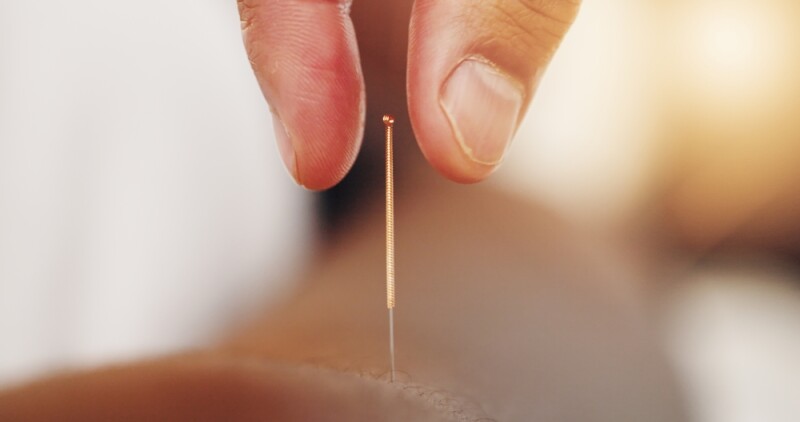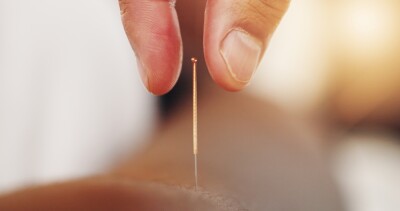Prenatal microbial exposures influence neurodevelopment
Giving beneficial bacteria to stressed mothers during the third trimester of pregnancy prevents an autism-like disorder in their offspring, according to a new study by the University of Colorado Boulder published in the journal Brain, Behavior, and Immunity.
For the study, the researchers exposed rats to mild stressors and gave them terbutaline during what would be the equivalent of the third trimester of pregnancy in humans.
Half were also given a series of injections of a heat-killed preparation of a friendly bacterium known as Mycobacterium vaccae (M. vaccae), shown in previous studies to have lasting anti-inflammatory effects on the brain. A third control group of rats got no treatments.
At two and four months, the pups were given a series of tests assessing their degree of social interaction and whether they exhibited repetitive behaviors. Those whose mothers had been stressed and given terbutaline showed autism-like behaviors. But those who had been immunized with M. vaccae did not.
The inoculation did not appear to protect against development of seizure disorder, the researchers said, but because epilepsy tends to develop later in life, the researchers intend to repeat the experiment with a larger sample size and longer treatment period.
Autism and epilepsy often manifest together in humans, with about 30% of autistic individuals exhibiting epileptic symptoms, such as seizures. Stress-induced inflammation likely plays a role in both, the researchers said.
The researchers caution that they are not developing an "autism vaccine" and they are not suggesting that microbial interventions could reverse the disorder in children who already have it. But their study does reinforce the idea that exposure to beneficial microorganisms can play a critical role in brain development in utero.
The researchers said mothers should be cognizant of the potential risks of emotional and environmental stressors, including the drug terbutaline, during pregnancy. Additionally, they should try to expose themselves to beneficial bacteria, through fermented foods like yogurt and sauerkraut and even time spent in nature.
“This is the first maternal intervention that I know of that has been able to prevent an autism-like syndrome, including the behavioral and social aspects,” said Christopher Lowry, PhD, an associate professor in the Department of Integrative Physiology and co-author of the study, in a statement. “If this could be replicated in humans, that would be pretty profound.”




















SHARE